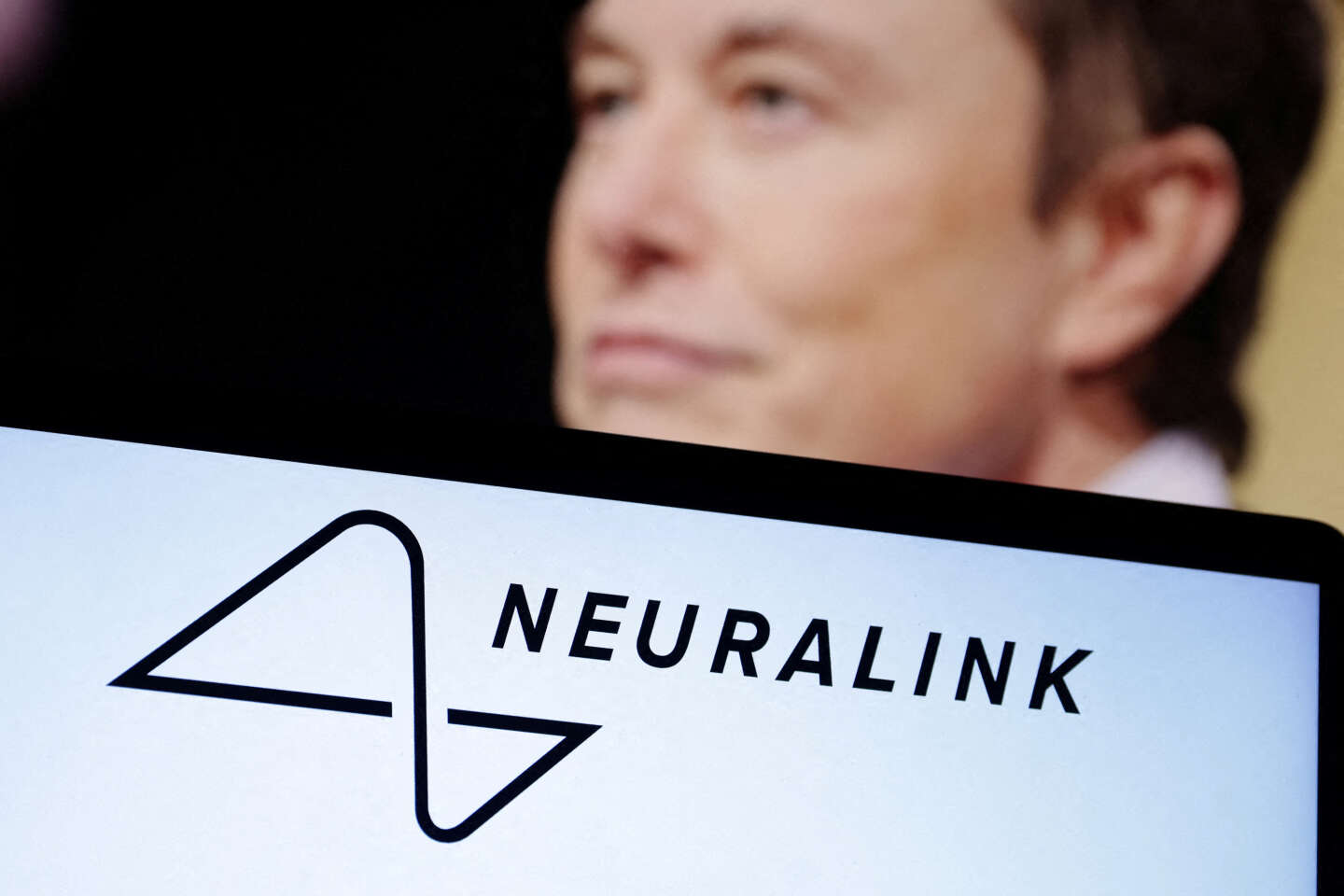New investor criteria for a sustainable economic model?

In this context, investors can favor companies that integrate the criteria of preserving biodiversity, reducing polluting emissions, transparency, ethics, reducing social inequalities and humanitarianism. For investors, this targeted budget allocation is the only way to maximize returns over the long term. And it’s the only way for humanity to have a viable planet.
The climate crisis and pandemic have revealed the fragility of our economic model. Globalization, migration, intensive exploitation of limited natural resources, over-optimization of labor and capital, does this system carry within it the genes of its own destruction? Built as a guarantee of freedom, prosperity and happiness, our growth at any cost economic system is clearly showing its destructive effects today. : on the climate with biodiversity, on the economy with the creation of economic bubbles but also on social issues with the increase in inequality. Therefore, it is urgent to act to transform our investments to create the conditions for a sustainable and resilient economic system.
An extra-monetary measure that is added to the equation
Based on overproduction and short-term profitability, the economy must evolve towards a rational growth integration in value creation, in extra-monetary dimensions (environmental and human). We must produce and consume more intelligently, more efficiently, rebalancing our systems to a longer-term horizon, reducing relevance to climate change and biodiversity conservation. It is in this context that many companies have established ESG departments whose goal is to evaluate the environmental (E), social (S) and governance impacts (ethics, risk management, transparency, corporate conflicts) of their activities. To do this, they collect data on their actions to measure extra-financial metrics.
Companies are engaging in ESG approaches to attract investors and shareholders, similar to how they became digital through the creation of digital departments about fifteen years ago. More and more of them are allocating capital to this type of company, convinced that extra-financial measures are the only way to maximize returns in the long run. According to the International Energy Agency, in 2023, for the first time, as much capital as oil will be devoted to new solar infrastructure. But supporting companies and startups integrating extra-financial measures or coming from “clean tech” fields such as renewable energy, energy efficiency, waste management or sustainable transportation are expensive. This is why fund associations are organizing themselves to support them in the long term, gradually abandoning groups that do not integrate extra-financial criteria.
It should also be noted that among young people, extra-financial criteria are becoming more and more important, some graduates of large schools refuse to work in companies without environmental or social awareness. They expect companies to favor environment-responsible, ethical, tolerant, short circuit, local production, transparency, kindness and anti-corruption. The value creation of a company can no longer be done independently of its production and takes into account the sole criterion of short-term profitability.
AI as the key to success
Another key element of this sustainable and resilient economy solution: technology. With AI, companies are better equipped to analyze and quantify requirements, thus making it possible to understand, trace and act upon them. They have the tools to produce where needed. An ideal world where overproduction would end is not far off.
On the health side, very early identification of cancer cells by AI makes it possible to develop patient-friendly therapies, thus improving treatment effectiveness.
In transportation, artificial intelligence is an important lever for improving traffic, anticipating needs, optimizing routes, developing autonomous and electric vehicles, and promoting more sustainable modes of transportation. It also plays a role in technologies aimed at reducing greenhouse gas emissions, preserving the environment and conserving natural resources.
These are just a few concrete examples from the present. Without expecting technology to solve all the extra-financial issues of today and tomorrow, it is undoubtedly a key element of the solution to this new sustainable and resilient economy.
If humanity appears so fragile today, it is up to us to change the economic paradigm to preserve the environmental and social conditions necessary for human life. This implies an obligation to consider the components of value creation, measures of exploitation of natural resources, CO2 and waste emissions, reduction of inequality and humanization of our economy. Aware of the urgency to act, more and more companies and investors are committing to this transition towards a sustainable and resilient economy, particularly through the development of collective intelligence.





